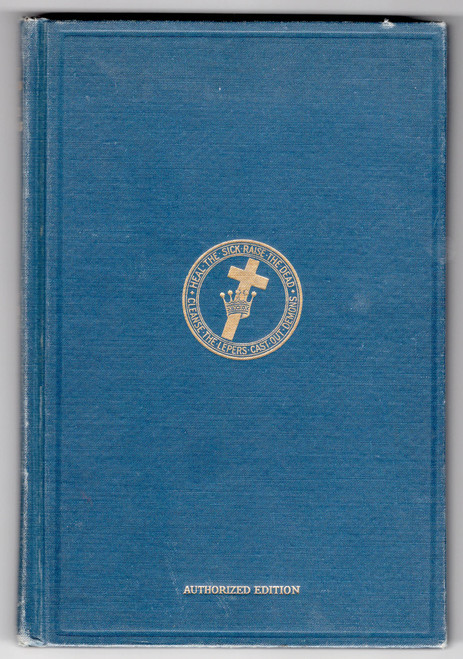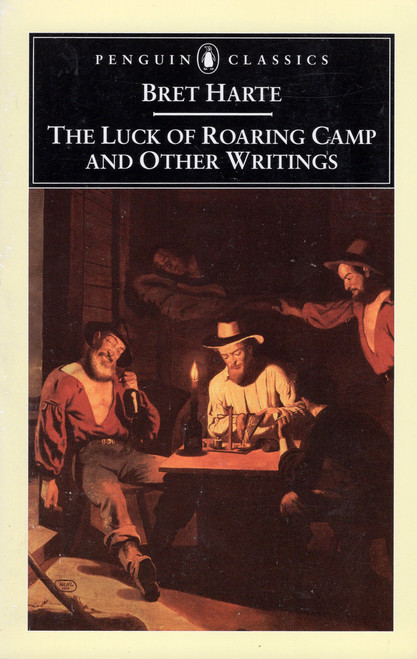A masterpiece of American literature, Walden is Thoreau's account of a year spent in a shack beside a pond outside Concord, Massachusetts. Incidents in his daily life and intellectual activities are used as starting points for wide-ranging reflection written in a compelling prose style, seasoned with humor and shrewdness. Thoreau's famous essay on Civil Disobedience, which influenced Ghandi and Tolstoy, states his case for non-conformity. Life Without Principle is Thoreau's unqualified statement of his defiant individualism. In this volume Joseph Wood Crutch has included these works in their entirety, as well as the most pertinent selections from Thoreau's other important writings. With a brilliant introduction, prefaces to each section and a bibliography.
About the Author
Massachusetts native Henry David Thoreau (1817-1862) was a leading member of the American Transcendentalist movement, whose faith in nature was tested while Thoreau lived in a homemade hut at Walden Pond between 1845 and 1847. While there, Thoreau worked on the two books published in his lifetime: Walden and A Week on the Concord and Merrimack Rivers. The Maine Woods, Cape Cod, Excursions, and other works were published posthumously.







